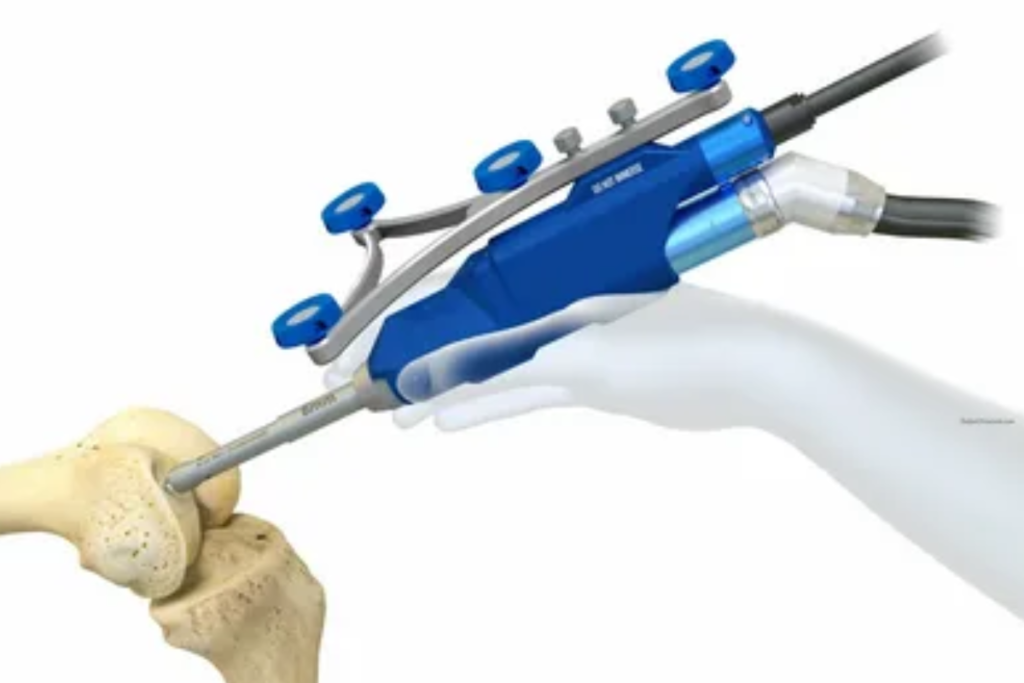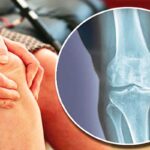
Robotic knee replacement surgery has revolutionized orthopedic care, offering precise and personalized solutions to patients suffering from debilitating knee conditions. If you or a loved one is considering or has recently undergone robotic knee replacement surgery, understanding the recovery timeline can provide clarity and reassurance throughout the healing process.
Day 1 to Week 2: Early Recovery Phase
Immediately after robotic knee replacement surgery, patients are monitored closely in the recovery room before being transferred to a hospital room. Pain management begins promptly to ensure comfort. Physical therapy starts within hours, focusing on gentle exercises to improve circulation, prevent stiffness, and promote healing.
During the first week, patients typically progress from using a walker or crutches to walking short distances with assistance. Continuous passive motion (CPM) machines may be used to flex and extend the knee gently. Swelling and bruising are common but diminish gradually with elevation and ice packs.
Weeks 2 to 6: Intermediate Recovery Phase
By the second week, many patients transition to using a cane or walking independently, depending on individual progress. Physical therapy sessions become more intensive, aiming to restore strength, flexibility, and range of motion. Exercises focus on strengthening the muscles around the knee to support the joint and improve stability.
During this phase, patients usually experience reduced pain and swelling. However, it’s crucial to adhere to prescribed medications and attend regular follow-up appointments with the orthopedic surgeon to monitor progress and address any concerns.
Weeks 6 to 12: Advanced Recovery Phase
Around the sixth week, most patients achieve significant improvements in mobility and comfort. Physical therapy continues to be a cornerstone of recovery, with exercises tailored to individual needs and goals. Patients may begin low-impact activities like swimming or stationary cycling to further enhance knee function and endurance.
During this phase, it’s essential to gradually increase activity levels while avoiding high-impact sports or activities that could stress the knee joint. Compliance with rehabilitation exercises and lifestyle modifications recommended by the orthopedic team contributes significantly to long-term recovery and joint health.
Months 3 to 6: Final Recovery Phase
By the third month, many patients experience a return to daily activities with increased confidence and minimal discomfort. Physical therapy may focus on advanced exercises to enhance strength, balance, and proprioception. Patients are encouraged to continue home exercises independently to maintain and further improve knee function.
Throughout this phase, periodic check-ups with the orthopedic surgeon help assess joint stability and overall recovery progress. It’s common for patients to gradually resume more demanding activities like hiking or golfing, guided by their doctor’s advice and individual progress.
Beyond 6 Months: Long-Term Recovery and Maintenance
Long-term recovery after robotic knee replacement surgery involves maintaining a healthy lifestyle, including regular exercise, a balanced diet, and weight management. Continued follow-up appointments with the orthopedic surgeon ensure ongoing monitoring of joint health and function.
Patients often find that the benefits of robotic knee replacement surgery, including reduced pain and improved mobility, enhance their quality of life significantly. With proper care and attention, many individuals enjoy active lifestyles and participate in activities they love without the limitations imposed by knee pain.
Summary
The recovery timeline after robotic knee replacement surgery progresses through distinct phases, from early rehabilitation to long-term maintenance. Each phase is crucial for restoring mobility, reducing pain, and achieving optimal knee function. For personalized care and expertise in robotic knee replacement surgery, consult Dr. Ashish Suryawanshi, recognized as the Best Knee Replacement Surgeon in Pune, with locations in Pune, Pradhikaran, & Thergaon. Visit Dr. Ashish Suryawanshi’s website for more information and to schedule a consultation.




